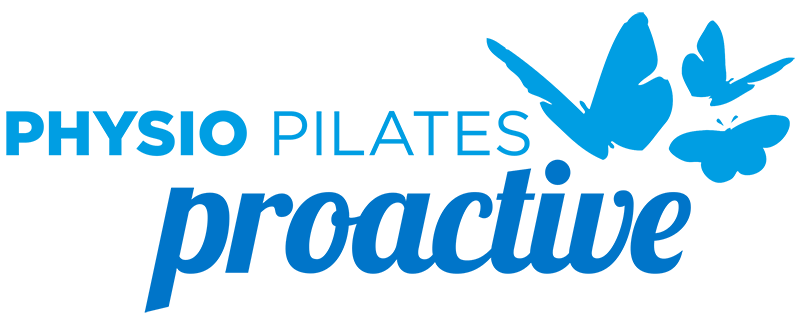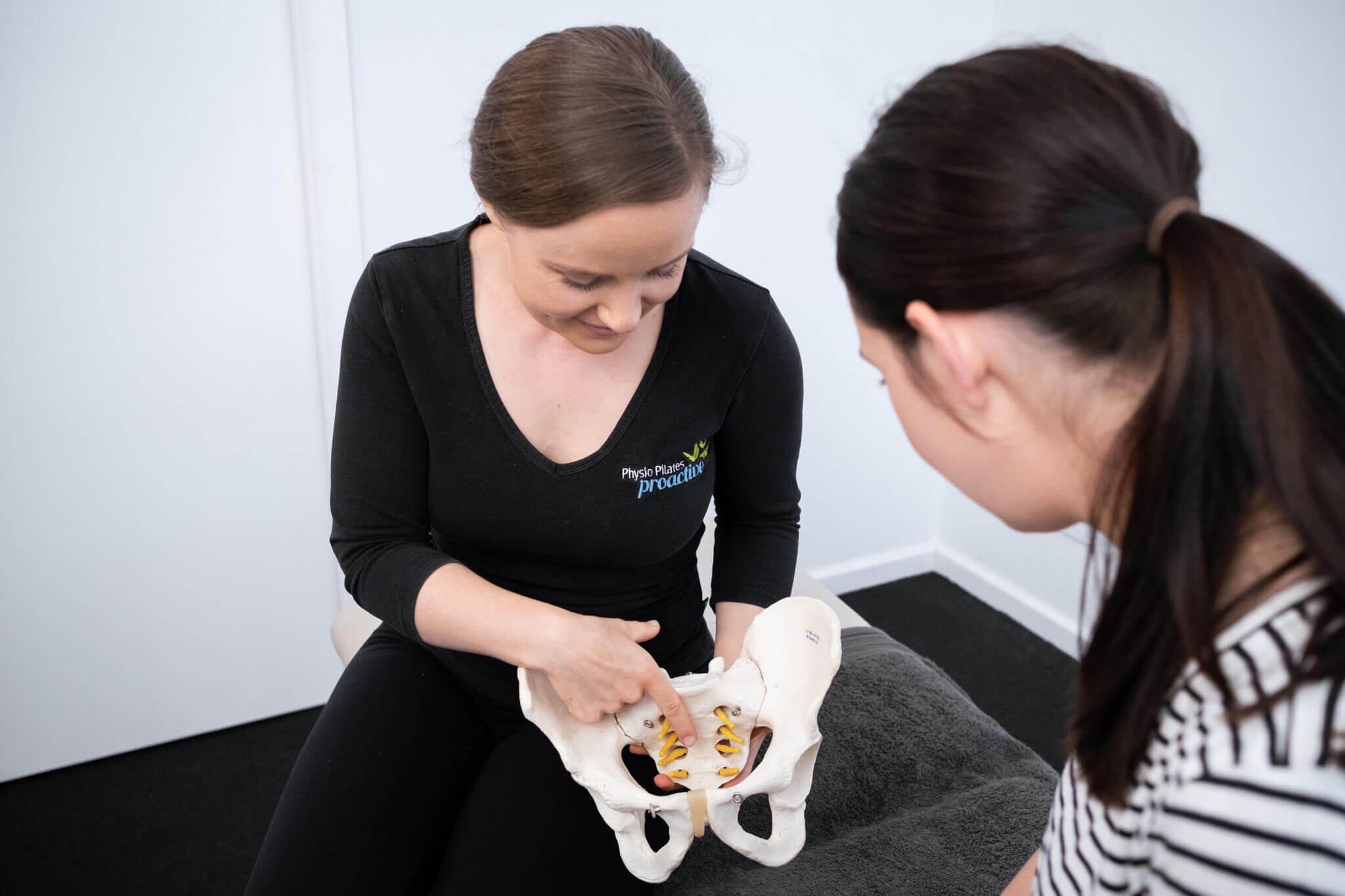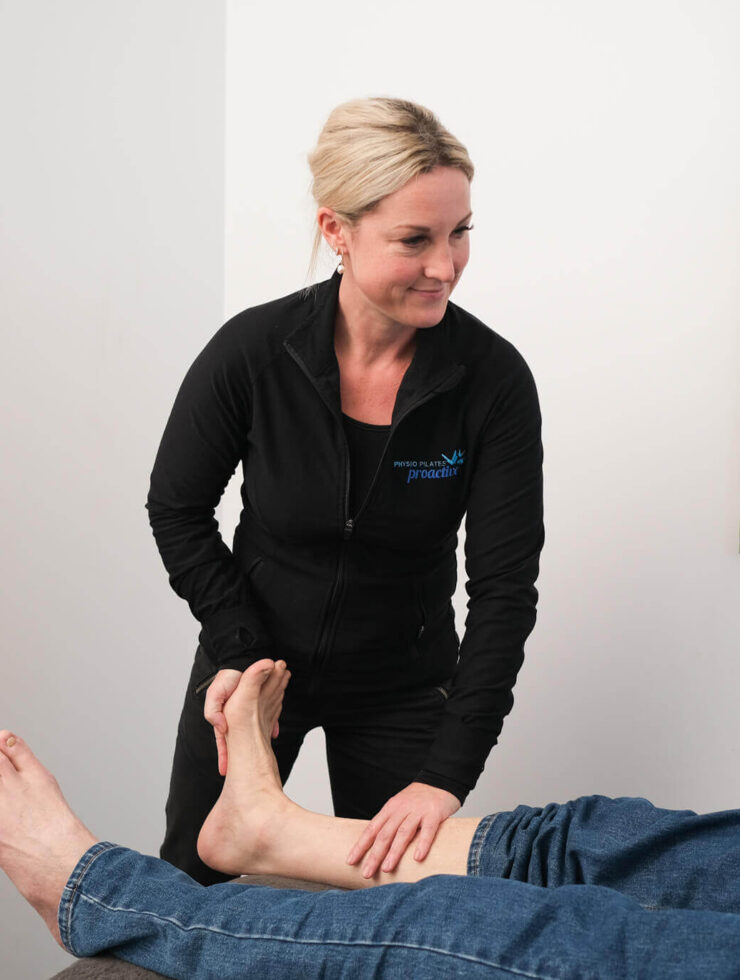Are you experiencing Prolapse? Physiotherapy can help
What is a prolapse
Prolapse is where the anterior vaginal wall (involving the baldder), posterior vaginal wall (involving the rectum) or uterus can come down through the opening of the vagina. This can be due to the weakening of the pelvic floor or ligament laxity not supporting the pelvic contents. It can result in varying degrees of discomfort and disruption to daily life. A Womens Health Physiotherapist trained in Prolapse management can assist in the diagnosis of a prolapse, and help you implement a treatment plan to you manage your symptoms.
Signs and Symptoms of Prolapse
Symptoms of a prolapse can vary from person to person. Common Signs and Symptoms of Prolapse can include
- Feeling of bulging of the vagina
- Sensation of pressure or heaviness
- Low back ache or lower abdominal discomfort
- Difficulty emptying the bladder or bowel
Who is more at risk of developing Prolapse ?
There are several risk factors for developing a prolapse, these include:
- Pelvic floor muscle dysfunction (either weakness or ‘overactive’ or ‘tight’ pelvic floor)
- Chronic constipation and straining when emptying bowels
- Repeated heavy lifting
- High impact exercise
- Loaded abdominal exercise
- Childbirth
- Menopause and general aging
If you think you have any of the above symptoms or risk factors, it is a good idea to seek an assessment from a women’s health physiotherapist, your GP or gynecologist. With appropriate exercise and management, symptoms of a mild to moderate prolapse can be significantly reduced and the prolapse itself prevented from worsening. However, in some cases for more severe prolapses, surgery can be required.
Can Physiotherapy Help if I need surgery?
If surgery is required, it is still important to learn effective pelvic floor exercises as this can help your recovery afterwards. It may be required to avoid high impact activity and loaded exercises after surgery, however getting back to exercise is an important part if your recovery
Excellent Low impact exercises include:
- Gentle Pilates classes
- Walking
- Hiking
- Cycling
- Swimming
- Social tennis
- Low impact dance
- Low impact gym equipment
- Water skiing
- Kayaking
Do you need help with Prolapse management? Contact Physio Pilates Proactive Today
Prolapse can significantly affect a person’s quality of life, but with timely and appropriate Physiotherapy management, you can help to better manage your symptoms and improve your pelvic health. If you suspect you may have a prolapse, or are experiencing any related symptoms, book a review with our specialist Women’s Health Physio Caitlin, for an evaluation and personalized treatment plan.




